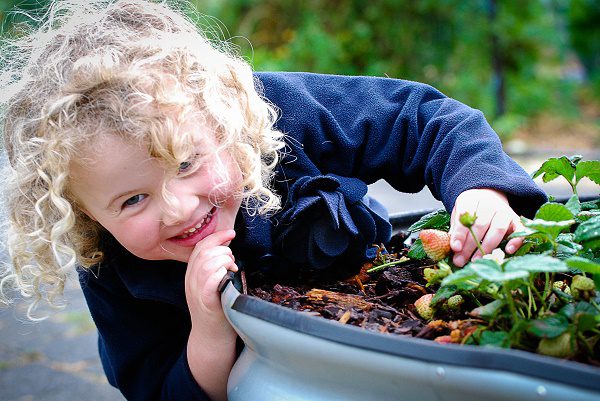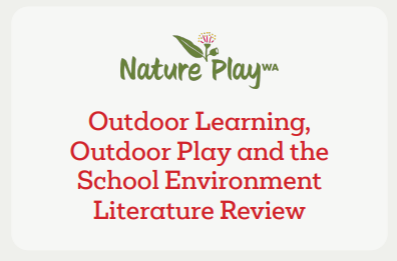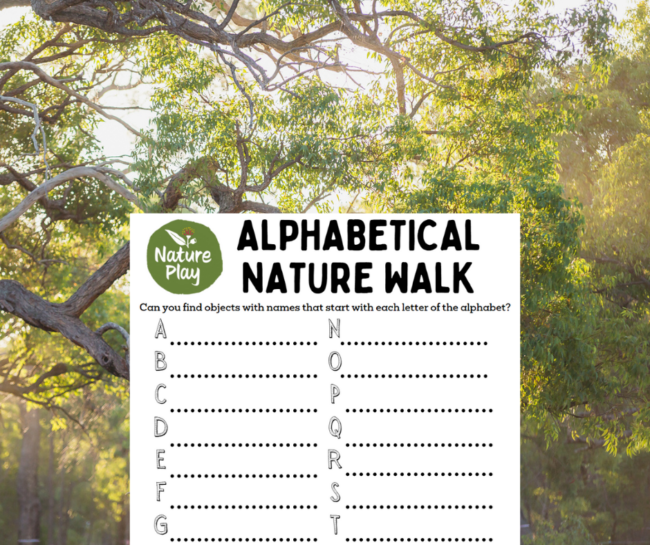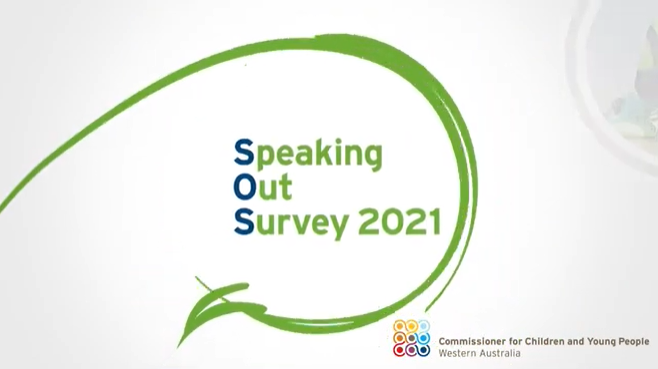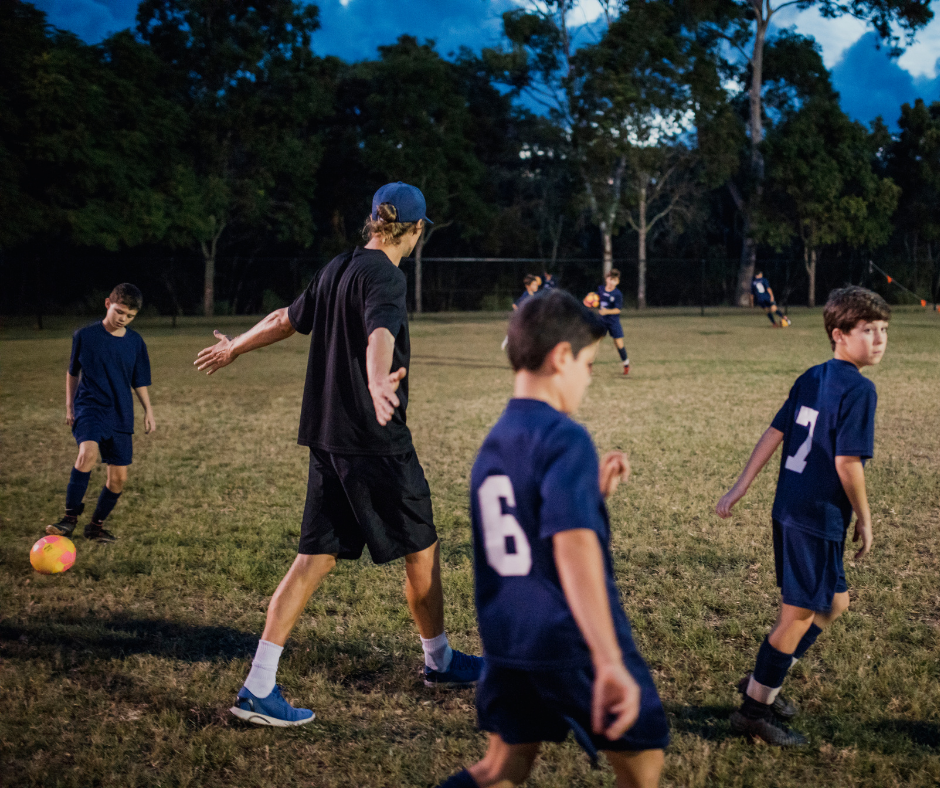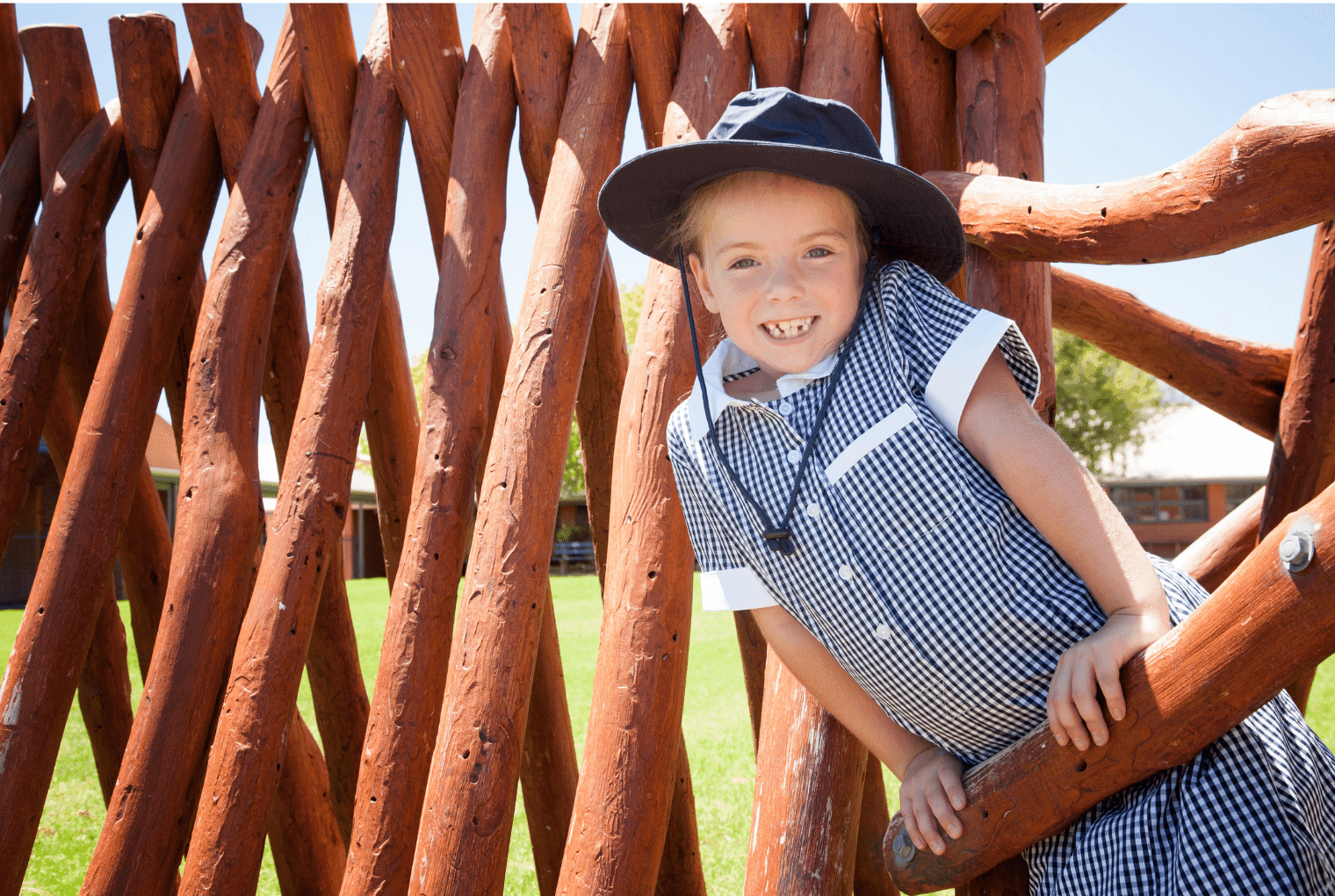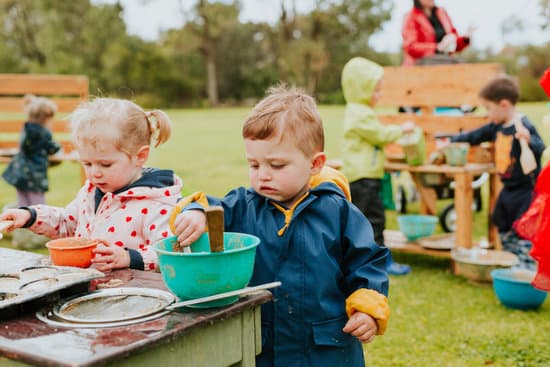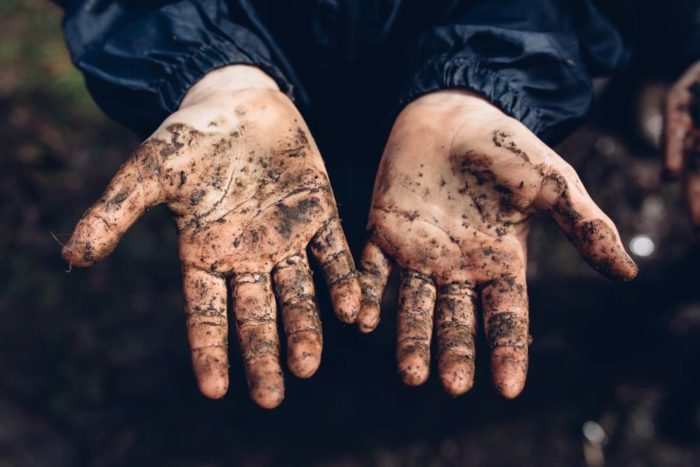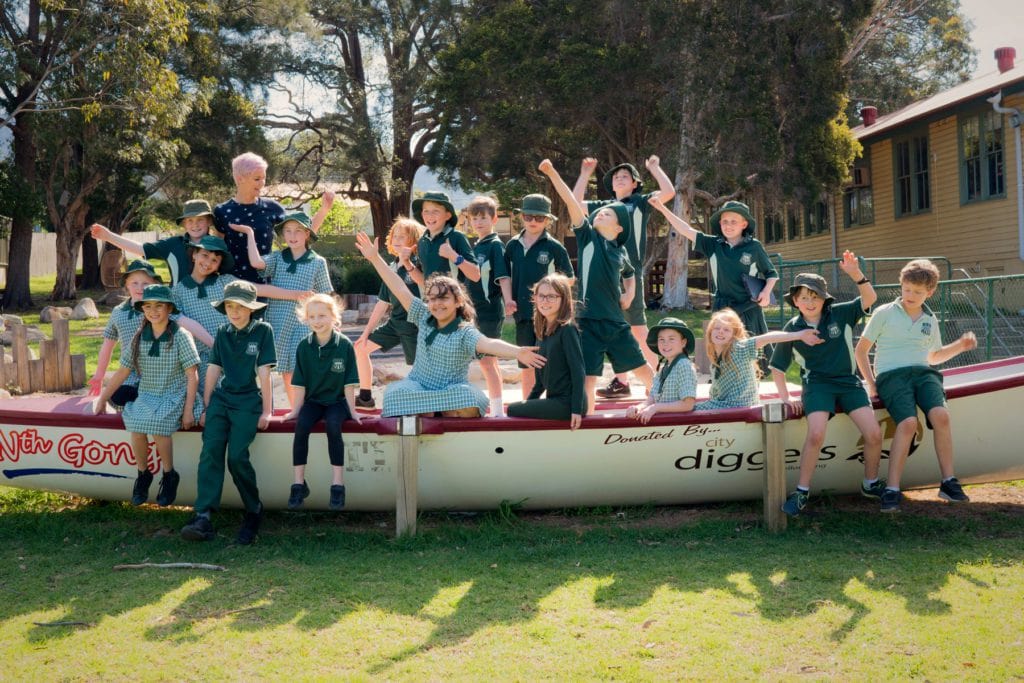Greening of Daycare Yards with Biodiverse Materials Affords Well-Being, Play and Environmental Relationships
Nature contacts are recognized as positively contributing to humans’ health and well-being. Although there have been projects to green daycare or schoolyards, yard greening and microbial biodiversity have never been studied simultaneously.

